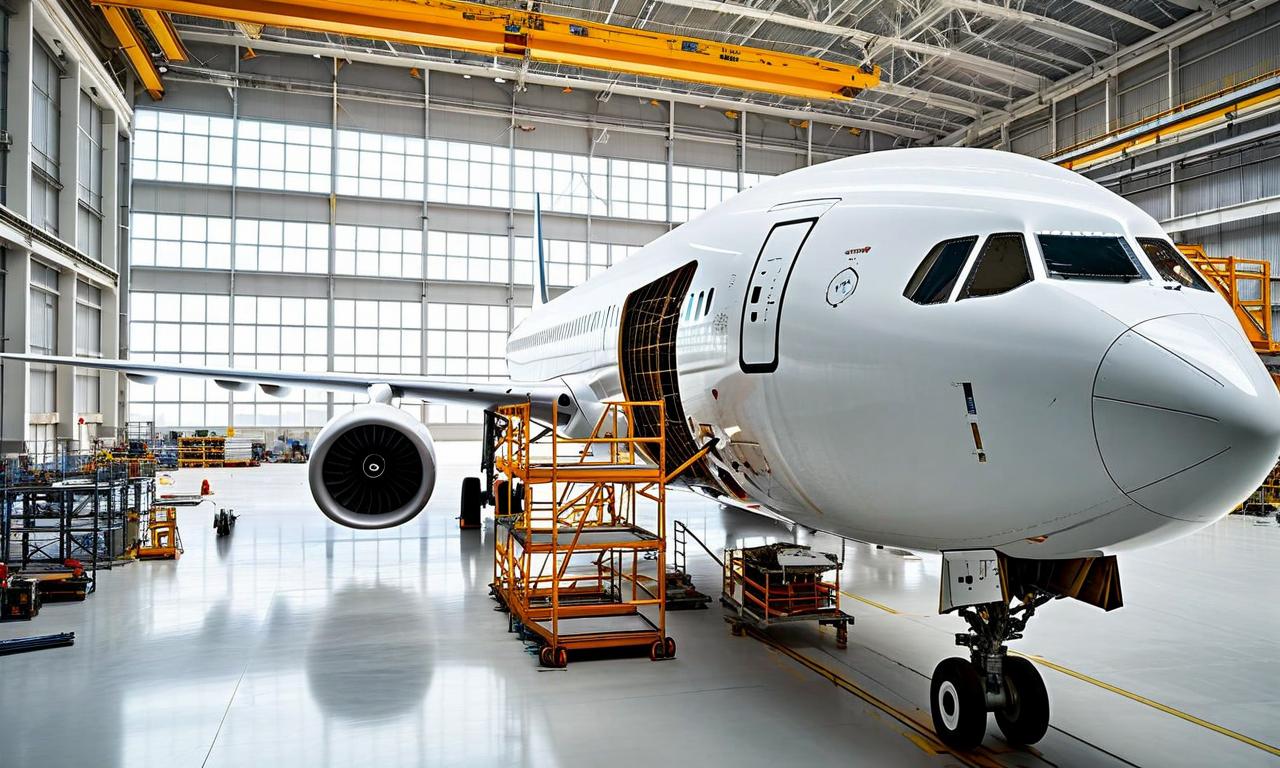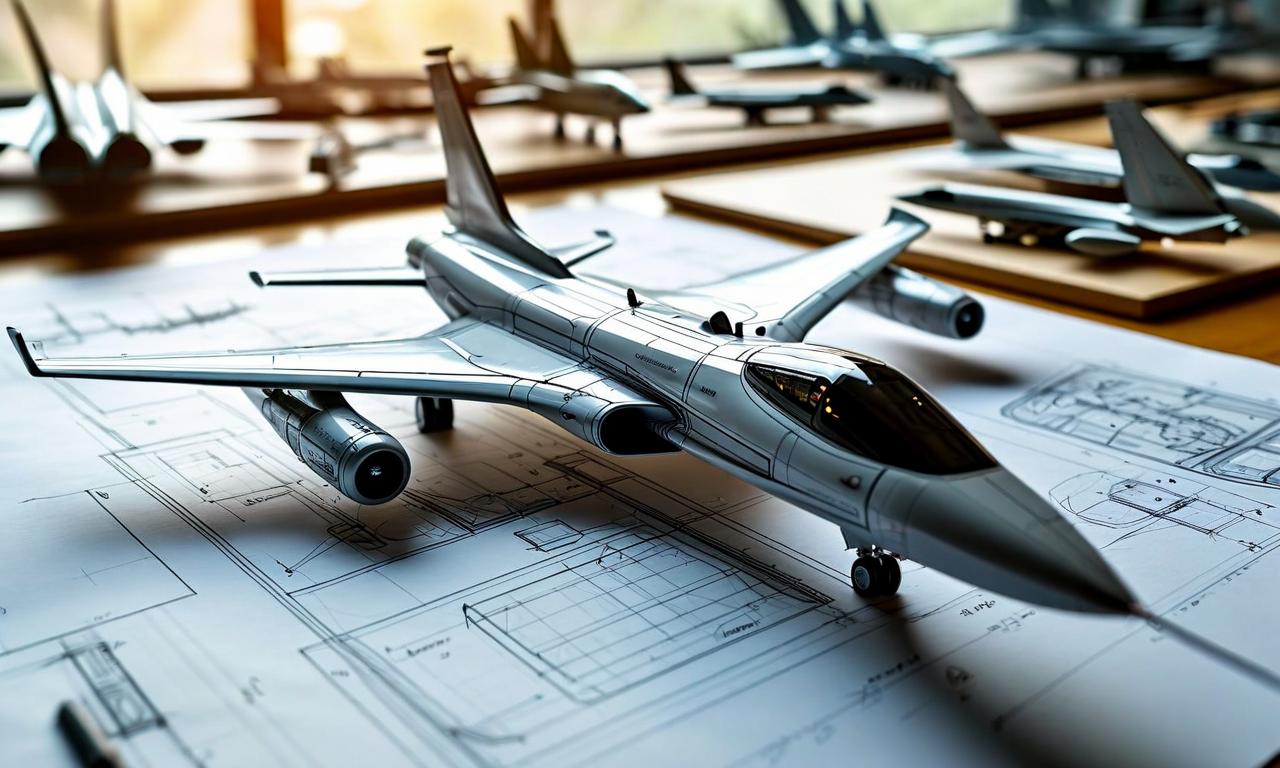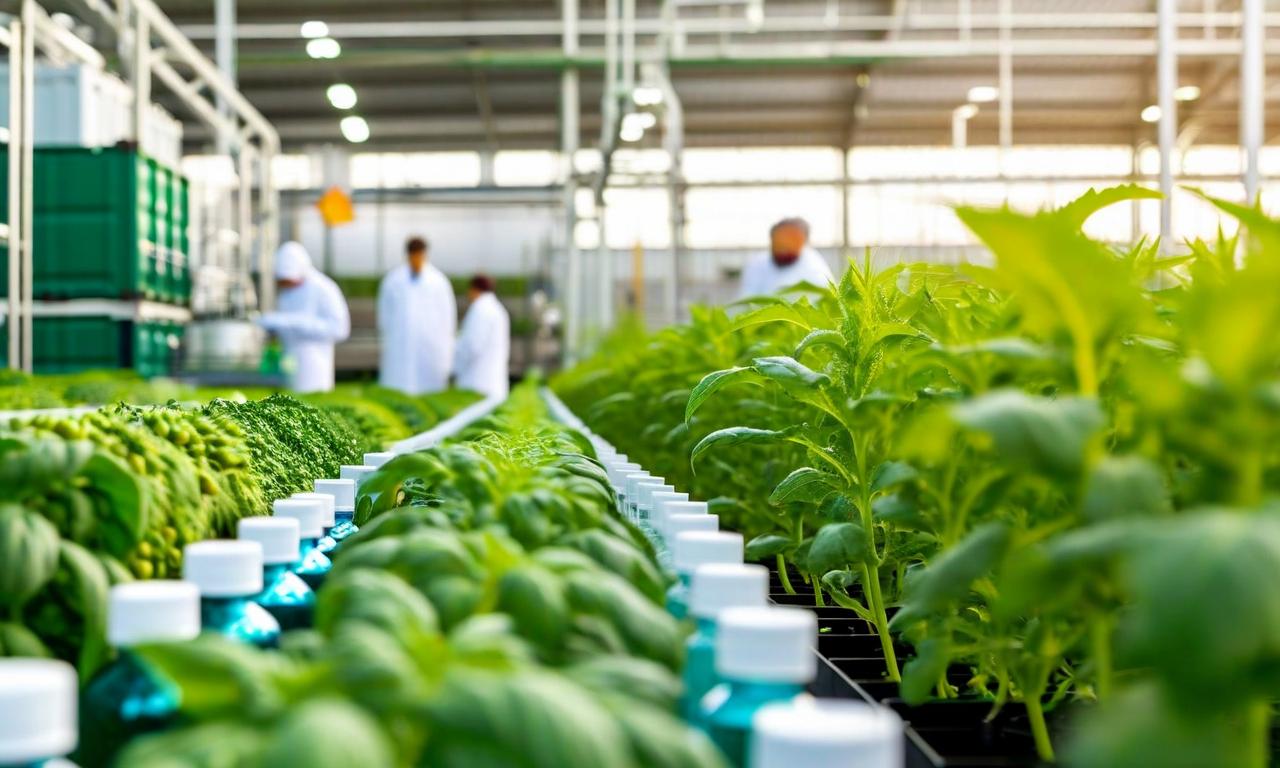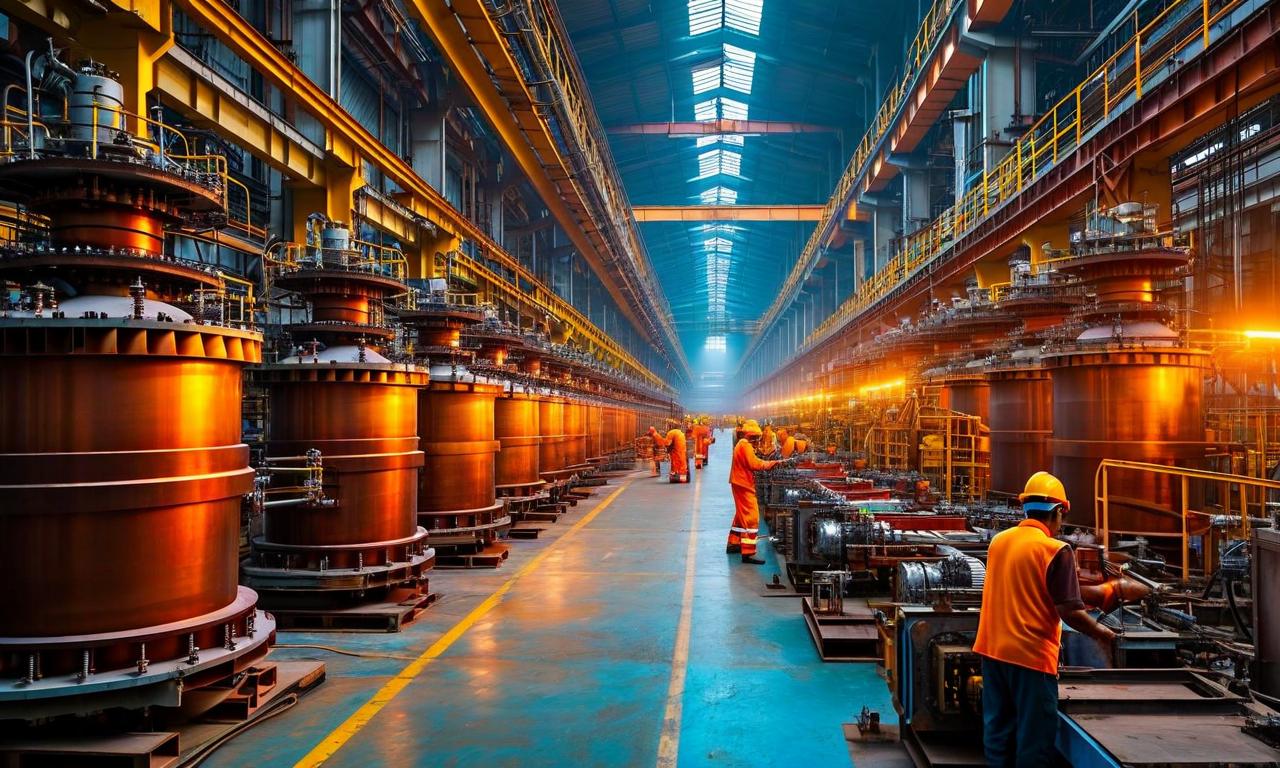Boeing and Airbus Face Prolonged Aircraft Delivery Delays, Impacting Global Airlines
Major aircraft manufacturers Boeing and Airbus are experiencing significant delays in aircraft certification and delivery, causing backlogs for European airlines. Air France-KLM reports long-haul aircraft awaiting certification for 7-8 years. Deutsche Lufthansa and IAG face 6-year delays for Boeing 777X, now expected in 2027. A potential US government shutdown could further complicate the situation by halting inspections and approvals. These delays are impacting airline growth plans and decarbonization efforts. The short-haul market shows some progress with Boeing's 737 Max production, though deliveries remain behind schedule.

*this image is generated using AI for illustrative purposes only.
Major aircraft manufacturers Boeing and Airbus are grappling with unprecedented delays in aircraft certification and delivery, causing significant backlogs for European airlines and potentially impacting the global aviation industry's growth and sustainability efforts.
Extensive Delays in Aircraft Delivery
Air France-KLM CEO Ben Smith has reported that some long-haul aircraft have been awaiting certification for an astonishing seven to eight years. This situation has shown no improvement since the end of the pandemic, highlighting the persistent nature of these delays.
Impact on Major Airlines
The delays are affecting several major European airlines:
| Airline | Aircraft | Delay |
|---|---|---|
| Deutsche Lufthansa | Boeing 777X | 6 |
| IAG (British Airways parent) | Boeing 777X | 6 |
The Boeing 777X, initially expected to launch next year, has been pushed back to early 2027, marking a significant setback for airlines counting on these new aircraft for their fleet modernization plans.
US Government Shutdown Complications
Adding to the existing challenges, a US government shutdown has further complicated the situation by:
- Halting aircraft inspections
- Affecting approval of seat types on Lufthansa's new Boeing 787s
These additional hurdles are exacerbating the already strained certification and delivery processes.
Impact on Airline Operations
The ongoing delays are having far-reaching consequences for airlines:
- Hindering growth plans
- Impeding decarbonization efforts
- Forcing airlines to revise their operational strategies
Short-Haul Market Shows Promise
Despite the challenges in the long-haul segment, there's a glimmer of hope in the short-haul market. Ryanair CEO Michael O'Leary noted that Boeing has made significant progress on 737 Max production. However, deliveries for these aircraft still remain behind schedule.
Industry Implications
These prolonged delays underscore the complex challenges facing the aviation industry, from regulatory hurdles to production issues. As airlines struggle with aging fleets and increasing demand for more fuel-efficient aircraft, the inability of manufacturers to deliver on schedule could have long-lasting impacts on the industry's ability to meet growing travel demands and environmental goals.
The situation calls for a coordinated effort from manufacturers, regulators, and airlines to address these systemic issues and work towards more reliable and efficient aircraft delivery timelines.



























